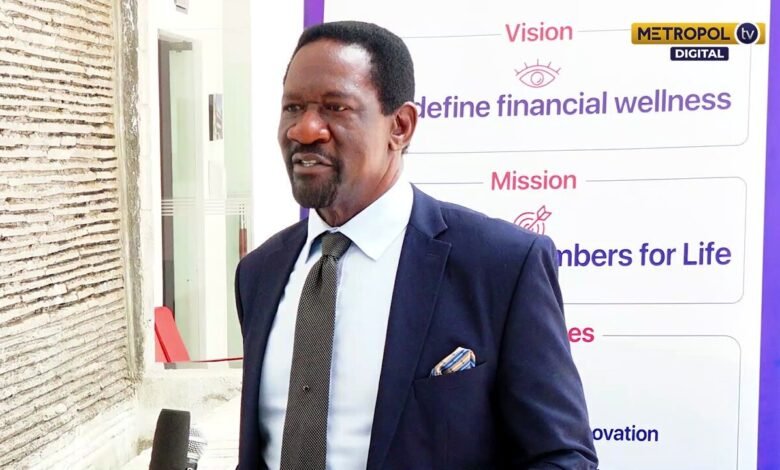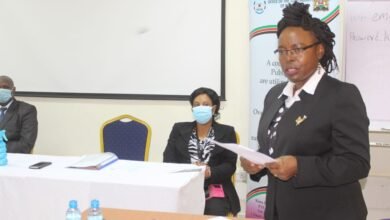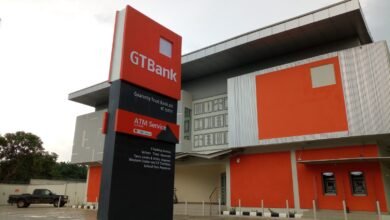
The term “blacklist” has become obsolete in Kenya’s credit market, following major transformations within the Credit Reference Bureaus (CRBs).
This shift comes as banks, microfinance institutions, and mobile lenders move toward a regulatory framework that bases the pricing of loan facilities on a borrower’s credit history – better known as risk-based-pricing model.
In an interview on TV47, Sam Omukoko, Founder and Group Managing Director at Metropol Corporation Limited, said CRBs now utilize borrowers’ credit histories to calculate credit scores, which in turn determine the cost of borrowing.
“When we first started, the focus was solely on default information, which led to the creation of the so-called blacklist. Lenders would see a borrower on the bureau and immediately classify them as a bad risk. But things have evolved.
Today, being listed on the bureau means you have a borrowing history, and we are here to help you build that history into your collateral. We now use your credit history to calculate your credit score, which influences the cost of your loan. It’s about improving your score over time,” Omukoko said.
According to Omukoko, access to financial services in Kenya has highly improved due to the advancements in Credit Information Sharing (CIS) mechanism that has reduced the need for physical interaction between lenders and borrowers.
“Before the advent of CRBs, many banks were failing because borrowers would move from one bank to another, taking loans without any accountability.
Also Read: Government Hints at Working with CRBs to Better Hustler Fund
CRBs have changed that by centralizing borrower information. Now, a lender can easily check if a borrower has outstanding loans with other banks before approving a new one.”
“Today, lenders don’t need to know who you are or where you’re from. As long as you have a credit profile with a CRB, they can assess your creditworthiness and decide whether to lend you money.”
Metropol CRB has an extensive database of borrowers across Kenya, which has benefited millions of lenders in accessing borrowers’ credit history.
Metropol, a leading Credit Reference Bureau (CRB) in East Africa has a Metro Score which ranges from 200 to 900.
Higher scores indicate better creditworthiness, while lower scores may suggest challenges in debt repayment.
For example, a score of 200 – which is poor, indicates a history of late or missed payments.
Metropol CRB provides user-friendly options for Kenyans to access their credit information, including their Credit Score and full credit profile.
With a USSD code *433# an individual can request their Credit Report or download the Crystobol app from the Google Play Store.
Metropol has over 300 CRB Mtaani agents who offer services to help individuals access their credit profiles.
All lending institutions rely on Metropol’s credit scoring system in line with the risk-based pricing model – which includes Kenyans of all cadres in the lending ecosystem.
A positively shared data means a loan that is being serviced (loan repayment is consistent) and negative means a loan that went on default (no payments).
It takes 90 days for banks and 30 days for mobile lenders after which individuals are notified that they are going to be negatively shared if they don’t make any payment on their loan.





